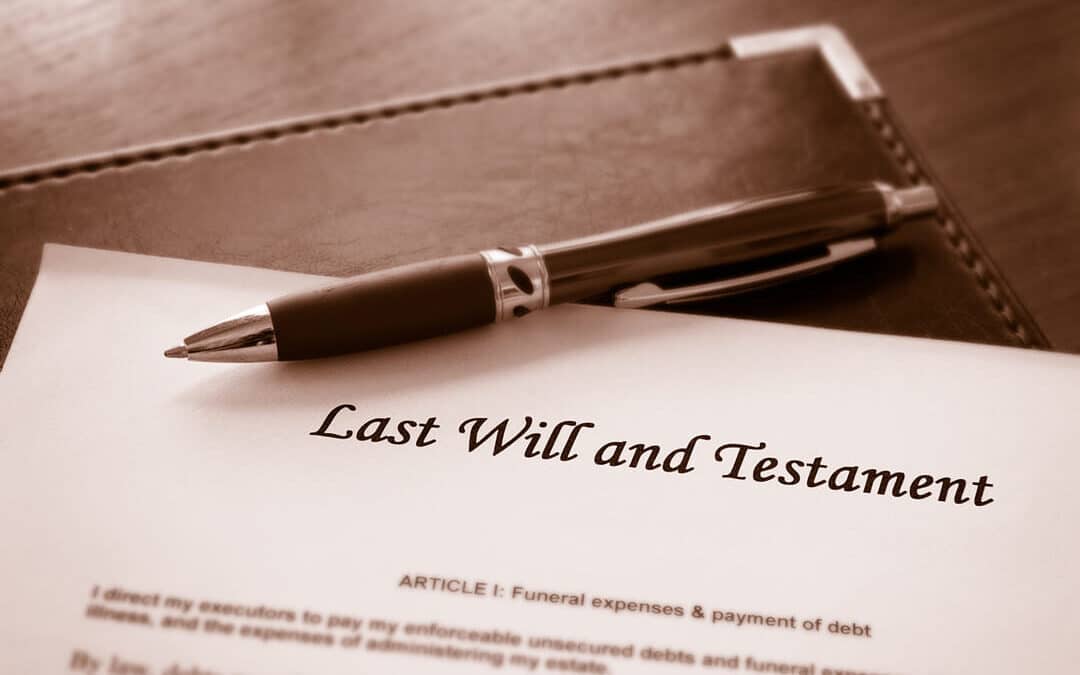Dealing with bankruptcy can feel overwhelming, especially when understanding how it might affect inheritances and estate planning. If you’re facing financial challenges, it’s important to understand how bankruptcy could impact your inheritances and estate plans. This article breaks down the connection between bankruptcy, inheritance, and estate planning, helping you make informed choices.
What is Bankruptcy?
Bankruptcy is a legal process that allows individuals and businesses to reorganize or discharge their debts. It provides a fresh financial start for those struggling with overwhelming debt. There are two types of personal bankruptcy: Chapter 7 and Chapter 13.
Chapter 7 Bankruptcy
Chapter 7 bankruptcy is a liquidation process that eliminates most unsecured debts, such as credit cards and medical bills. It is the most common type of bankruptcy and usually takes about four to six months to complete. During this process, a court-appointed trustee sells the debtor’s non-exempt assets to pay creditors. Many people can keep essential assets, like their homes, cars, and household belongings, through exemptions.
Chapter 13 Bankruptcy
Chapter 13 bankruptcy is a reorganization process that allows individuals to pay off their debts usually over a three to five-year period. This type of bankruptcy is used to catch up on mortgage payments, prevent foreclosures and repossessions, and pay off creditors in an organized manner. It requires a steady income to make monthly payments according to a court-approved repayment plan.
Inheritance During Bankruptcy
If you’re in bankruptcy and receive an inheritance within 180 days (about six months) after filing, that inheritance becomes part of your bankruptcy estate.
Timing is crucial. The 180-day period starts on the date of the person’s death from whom you are inheriting, not on the date you actually receive the money or property.
In Chapter 7, inheritances received within 180 days of filing must be reported to the trustee and can be used to pay debts. If you receive an inheritance after this time, it’s usually safe from creditors.
In Chapter 13, any inheritance received—even after 180 days of filing—can increase the amount of money you’re required to repay under your plan if you inherit it before completing the repayment plan.
How Bankruptcy Affects Your Estate Plan
If you’re considering filing for bankruptcy, knowing how it could change your estate plan is important. Estate planning is about ensuring your assets go to the people you choose after you pass away. However, bankruptcy can disrupt this process in several ways.
What Happens to Your Assets?
When you file for bankruptcy, some of your assets may be taken to pay off debts. In Chapter 7, non-exempt assets—things not protected by law—can be sold, reducing the value of your estate. Also, certain trusts you’ve set up might not survive bankruptcy, which could affect how your heirs receive their inheritance.
What If You Pass Away During Bankruptcy?
If you pass away while your bankruptcy case is still open, the situation becomes more complicated.
– In Chapter 7, the trustee may sell your assets to settle your debts. Your heirs will receive anything left over, as your will outlines, but only after the bankruptcy concludes.
– In Chapter 13, the court may handle things differently. The court might dismiss the case, convert it to a Chapter 7, or your heirs might continue payments. The court decides based on what’s best for everyone involved.
Ways to Protect Your Estate
You can take steps to protect your assets from being affected by bankruptcy. These strategies can help ensure your heirs receive what you intend for them.
Irrevocable Trusts
Setting up an irrevocable trust can shield your assets from creditors. Bankruptcy usually cannot touch assets once you place them in this kind of trust. But it’s important to create the trust well before any financial trouble starts, or it may be seen as fraudulent.
Revocable Living Trusts
A revocable living trust lets you control your assets during your lifetime and ensures they’re distributed the way you want after your death. Assets in this trust are not part of a beneficiary’s bankruptcy estate, which means creditors usually can’t claim them.
Get Professional Help
Understanding how bankruptcy affects inheritance and estate planning can be challenging, especially if you’re also dealing with financial stress. Taking proactive steps and seeking advice can make all the difference.
An experienced bankruptcy attorney or estate planning professional can help you:
- Protect your assets.
- Structure your estate plan to minimize risks.
- Make decisions that are in your best interest and in the interest of your beneficiaries.
By planning and learning about your options, you can preserve your estate and ensure the care of your loved ones, no matter what financial challenges come your way.

